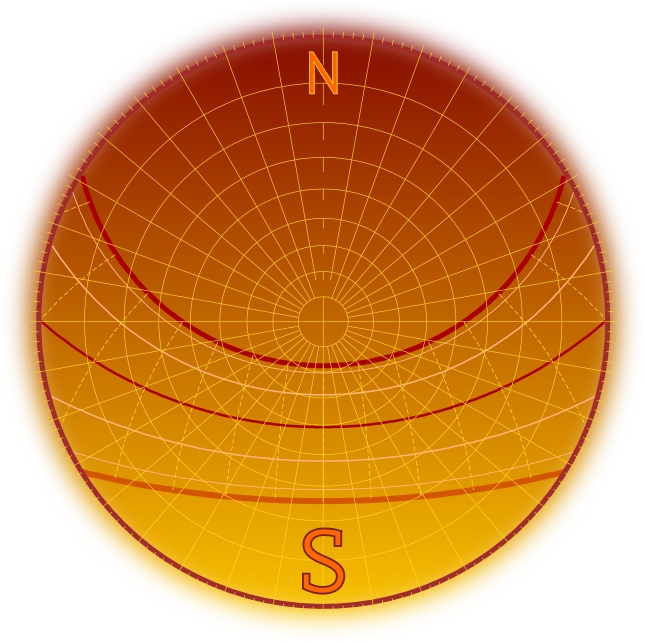BFSC Research
I have centered my research on transformations through time of solar energy conversion systems (e.g. solar photovoltaic farms, architecture, and agriculture) contextualized by specific landscapes, place-based communities, and dynamic climate and cloud regimes that affect and are affected by the flows of shortwave and longwave light. This research framework is solar ecology (solarecology.psu.edu). I fill an intellectual gap of scholarship bridging the decentralized and distributed nature of light/materials/environment systems affecting the food-energy-water nexus, developed for this appropriate time of climates changed.
In the words of Zoë Rauscher, Solar Collaborative leader: “Farmers also often consider their land, its health, and its history to be an integral part of their identity and reputation as a farmer. Thus, defining solar as a crop attends to the personal relationship between farmer and land, in addition to the economic value of the land.“
I am interested in developing new scholarship with solar ecology among entangled geographies of rural and urban populations, among culturally marginalized youth communities such as Black, Lantinx, and LGBTQA+ youth, among Native American communities, and among the diverse immigrant families of rural and metropolitan communities.
What does Solar Ecology do?
Solar Ecology practices require stakeholders to explore and engage new topologies of relational ontologies, epistemology, and ethics according to the new measures and valuation of light. The processes of measuring and valuation include attending to solar resource supply and use, systems design, distribution needs, predictive economic models for a fluctuating resource, and involve planning to address transient cycles and social adoption. Contextual knowledge of constraints from the local solar resource, local energy costs, and local policy (termed locale by Brownson) informs the research and design process to integrate solar energy conversion systems within building systems, with respect to community planning, and within the interconnection of distributed photovoltaic power generation across broad regions.
The context-dependent constraints guiding design and purpose in the systemic interactions of humans/biota with their surrounding environments then opens up the language for the science of the solar ecology framework, transdisciplinary research within the context of the environment, society and technology—affecting water and food systems coupled to local weather regimes. Dr. Brownson’s research reveals solar energy’s ubiquitous influence on water, land use, ecosystems services, food systems, and social systems, demonstrating how the solar ecology framework contributes to a shared new wave of discoveries and social change. The research and language underpinning solar utility and solar ecology expands the interpretation of solar energy conversion as an inclusive whole-systems dynamic process, bringing the field of solar energy to a new and broader interdisciplinary audience, enabling discussion for strategies assessing the solar resource (energy exploration techniques) and for integrative design of solar systems. Solar Collab friends include researchers in the fields of Economics, Energy Engineering, Geography, Law, Materials, Meteorology, and Rural Sociology.
Frey Brownson, PhD
Jeffrey Brownson (Frey) is a queer solar expert, visual artist, Penn State professor, and industry consultant. Haunting the halls of academia. Partner, Queer Dad, Enby Artist, Photon Wrangler.
Big Fab Solar Collab Graduates
Follow the links to download electronic theses and dissertations:
Community Solar
Solar is people. (not a Soylent Green reference)
Get Involved
The Big Fab Solar Collab is a feminist anti-colonial collective that works with colleagues, students, and community members to explore Solar Ecology and social change. Interested? We welcome you too.
Collab Research Overview
We make stuff happen, building something out of nothing, and giving it away. We are a collective group of creative and dedicated students, staff, and a few faculty that are looking to disrupt what it means to do solar!”
Solar Ecology is Farming
Re-configuring the boundaries of energy conversion for the entangled present, solar ecology affects and is affecting our naturecultures as farming.
The Solar Genome Project
The Solar Genome Project (SGP) is a solar non-profit registered in PA (501c3 pending), and functions as an applied extension of the Solar Ecology Program of research.
Solar Resource Measures
We measure what we value. We value what we measure.
